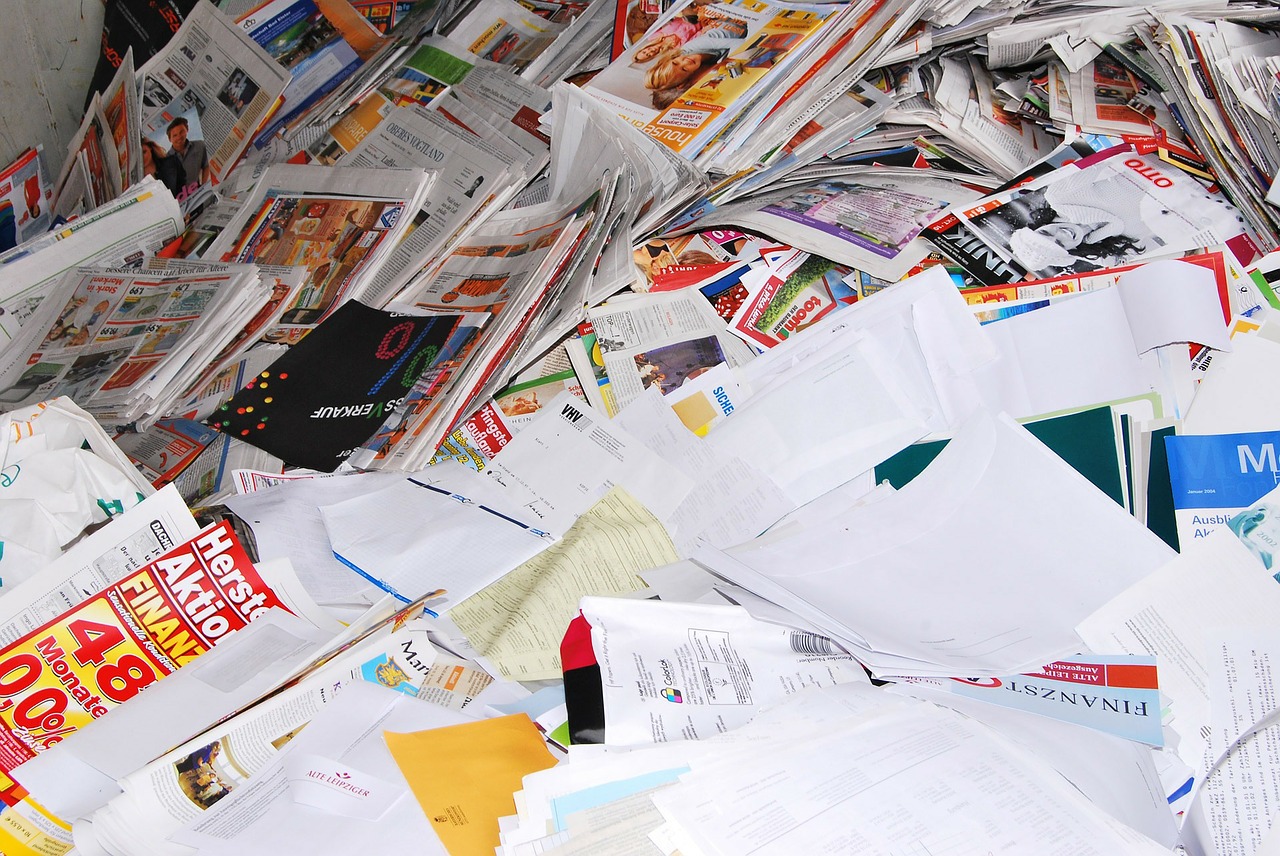Recycle BC expands to include single-use and packaging-like products
by Ellen Thornton at 10:12 in Circular Economy, Emerging, Environmental, Packaging
On 12th July, Recycle BC published their revised plan as the second phase of their steward consultation of the program. The program is the only residential packaging and paper product (PPP) program in Canada that is entirely financed and operated by producers. In 2017, 175,000 tonnes of the programs members' material were recovered, achieving a recovery rate of 75%.

Considering that plastic packaging use is set to continue to grow, quadrupling by 2050 and current recovery rates are low – 14% globally and 30% in Canada. There have been several calls to action, from the UN Environment and European Commission calling for bans and levies on single-use plastics; the Ellen MacAurthur Foundation's New Plastics Economy initiative to transition to a circular economy; and the European Union's Plastics Strategy which set material specific targets in addition to aiming for all plastic packaging on the EU market to be recyclable by 2030. Canada tabled the Plastics Charter at the June G7 Summit which includes a call on industry to take a circular approach by making 55% of plastics packaging recycled or reused by 2030; achieving 100% recovery of plastics by 2040; 50% recycled content by 2030; and including clear labelling on products for consumers. In the revised plan, there is a broadening of obligated material; recovery performance enhancements; recovery performance reporting; accessibility performance enhancement.
Through broadening the obligated materials, packaging-like products and single-use plastic items will come into scope as directed by the Ministry of Environment. Packaging-like products are those that are indistinguishable from packaging when discarded by consumers, such as aluminium pie plates, aluminium foil, plastic or paper-based beverage cups, kraft paper bags and re-sealable plastic bags. Single-use plastic includes items such as plastic cutlery, plates, straws and stirrers. Hence, stewards of packaging-like products and single-use plastic items will be requested to submit data in their 2019 reports (2018 data). The steward data from these reports will then be used to set Recycle BC's 2020 fees for these materials. In addition, the following material specific targets will be set:
| Material category | 2017 recovery rate | Target recovery rate | Year to achieve target |
| Paper | 87% | 90% | 2020 |
| Plastic | 41% | 50% | 2025 |
| Rigid plastic | 50% | 55% | 2022 |
| Rigid plastic | 50% | 60% | 2025 |
| Flexible plastic | 20% | 22% | 2022 |
| Flexible plastic | 20% | 25% | 2025 |
| Metal | 66% | 67% | 2020 |
| Glass | 72% | 75% | 2020 |
In addition to the material specific targets, the general program target will rise as well to 75% in 2019, 77% in 2020 and 78% in 2022, bearing in mind that half of the program growth is dependent on meeting the 50% plastics target.
To track performance, each year Recycle BC will report the recovery rate performance for the categories of paper, plastic, metal and glass, expressed as a percentage of collected material divided by supplied material. Furthermore, Recycle BC will report the recovery rate performance for the two plastic subcategories – rigid and flexible.
Accessibility performance will be improved through kerbside collection options; multi-family collection expansion; depot network expansion to address underserviced regional districts and remote communities; increased access for First Nations; streetscape and compostable packaging. The plan outlines criteria for existing kerbside programs, new kerbside programs and the transition to provision of kerbside service by Recycle BC. To improve multi-family accessibility, Recycle BC will identify communities without significant Recycle BC presence and offer an established financial incentive rate to qualified multi-family collection contractors. Recycle BC has undertaken studies to explore a preferred approach to collecting PPP from streetscape channels. A current study shows that collected material is poorly sorted and highly contaminated. Recycle BC is going to continue to conduct research through streetscape collection projects to determine alternate approaches to collection and if a suitable model is identified, they will consult on the program's design and financial offering with local governments. In 2018, Recycle BC will conduct research to determine the quantity of PPP in organic waste collection programs. Due to the expansion of packaging and paper in compostable formats, Recycle BC will be undertaking research to determine end-of-life for PPP delivered to municipal or commercial composting facilities.
The consultation report and revised plan will be reviewed by the Recycle BC Board on 28th September this year. Following the review, the Recycle BC Plan will be submitted to the British Columbia Ministry of Environment on 1st October. If you have any questions about Recycle BC and the Revised Plan, please contact us here to speak to one of our consultants. Want to read more articles and blogs like this one? Click here to sign up to our free monthly digest.
 Click here to receive regular updates on blog posts, webinars, and regulatory changes directly to your inbox
Click here to receive regular updates on blog posts, webinars, and regulatory changes directly to your inbox

